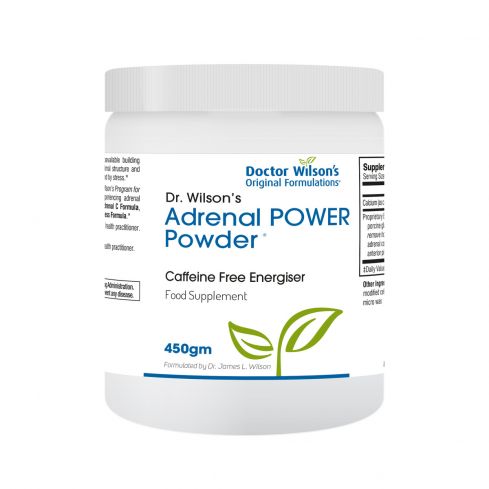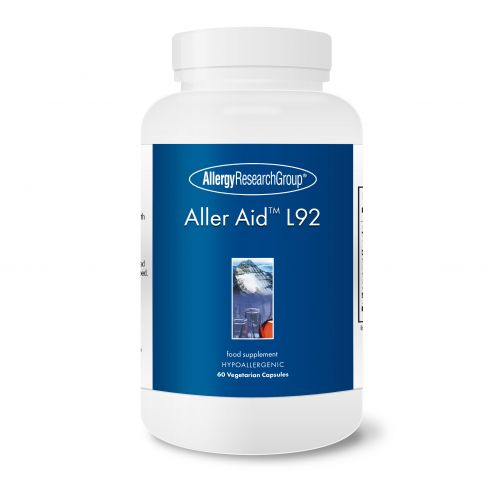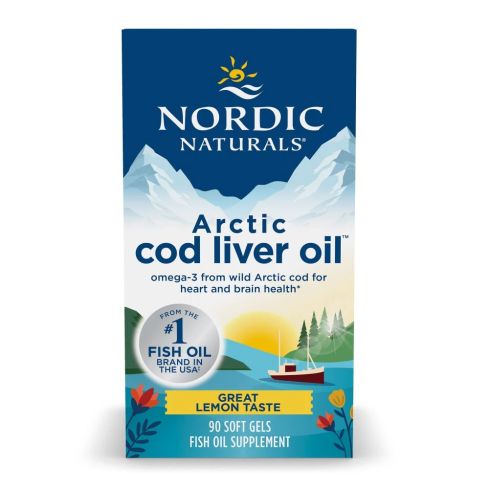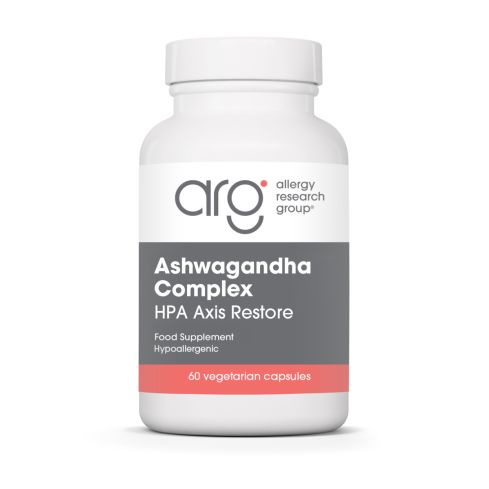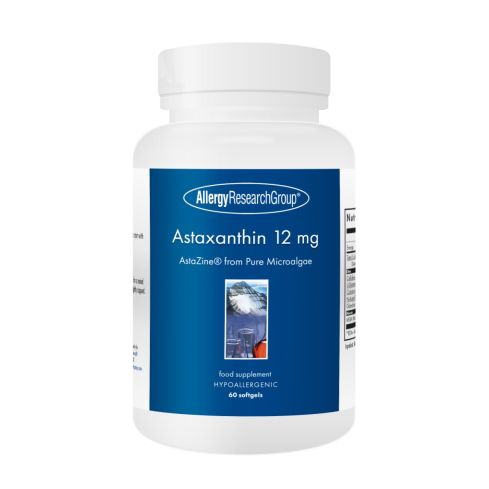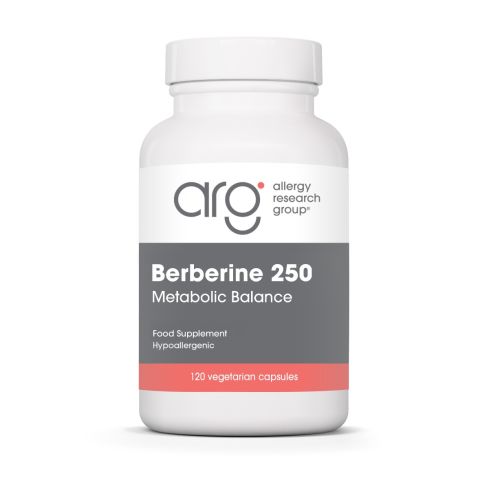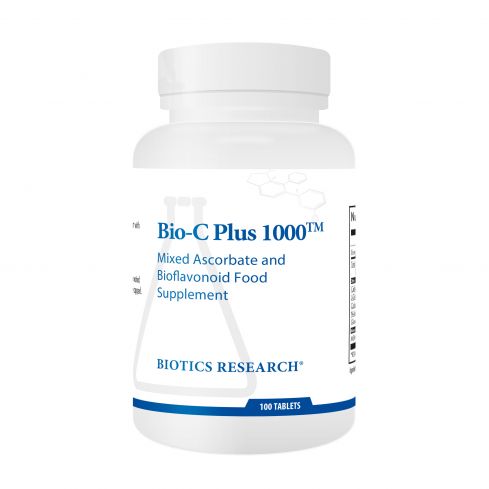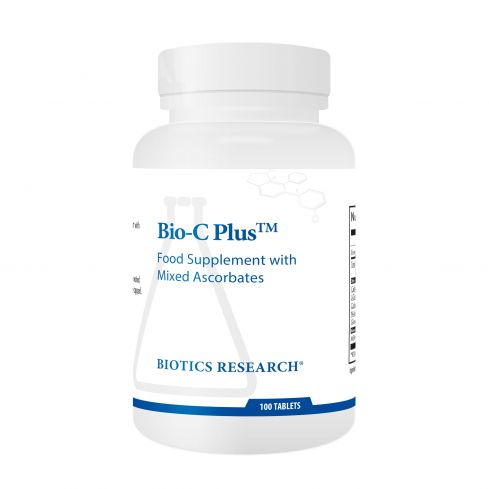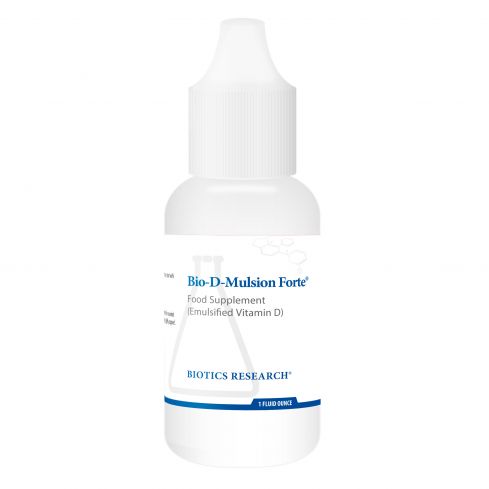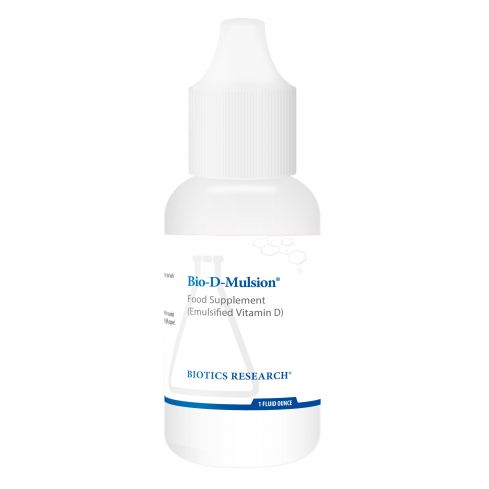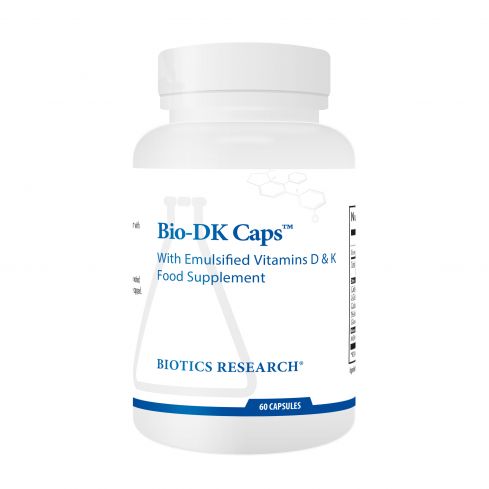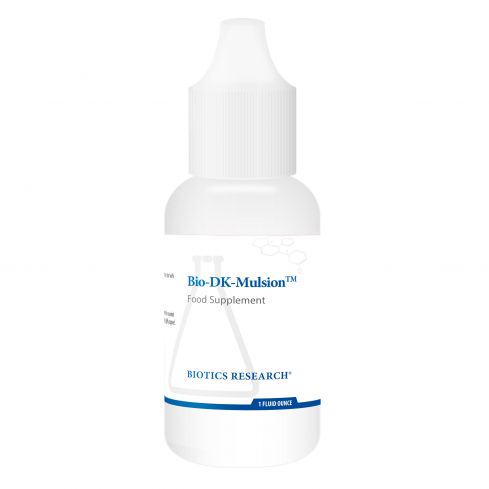- Home
- Products
- Conditions
- Inflammation Support
Inflammation Support
Inflammation is the body’s immediate response to damage to its tissues and cells by pathogens, noxious stimuli such as chemicals, or physical injury. Acute inflammation is a short-term response that usually results in healing: leukocytes infiltrate the damaged region, removing the stimulus and repairing the tissue. Chronic inflammation, by contrast, is a prolonged, dysregulated and maladaptive response that involves active inflammation, tissue destruction and attempts at tissue repair. Such persistent inflammation is associated with many chronic human conditions and diseases, including allergy, atherosclerosis, cancer, arthritis and autoimmune diseases.
The processes by which acute inflammation is initiated and develops are well defined, but much less is known about the causes of chronic inflammation and the associated molecular and cellular pathways. These chronic inflammatory states do not seem to be caused by the classic instigators of inflammation: infection and injury. Instead, they seem to be associated with the malfunction of tissue: that is, with the homeostatic imbalance of one of several physiological systems that are not directly functionally related to host defence or tissue repair. Regardless of the cause, inflammation presumably evolved as an adaptive response for restoring homeostasis.
The response to triggers is the production of a variety of inflammatory mediators, including chemokines, cytokines, vasoactive amines, eicosanoids and products of proteolytic cascades. If the event is successful the inflammatory cascade will be reversed, there appear to be a number of events that can trigger long term inflammation including obesity, allergy, loss of tolerance and toxic compounds.
The restoration of a non-inflammatory state can be assisted by the application of various lifestyle modifications including dietetic changes and the judicious use of selected micronutrient and bacterial compounds.
Can supplements reduce inflammation?
If you're looking for supplements to help you manage parasites, yeast, bacteria and viruses, you've come to the right place. We offer a wide range of highly effective microbial balancers that are designed to help keep your microbiome in balance.
Our carefully selected range of vitamins and natural supplements are specifically formulated to reduce inflammation in the body. Whether you’re looking for a supplement to fight joint pain or just want to get ahead of any potential inflammation problems, we have a wide range of products that can help.
We understand the importance of finding an effective solution for reducing inflammation – that is why our selection of anti-inflammatory supplements is carefully chosen to provide maximum benefit with minimal side effects. All our products are made from premium quality ingredients and are manufactured according to strict guidelines.
References
- Weiss U. Inflammation. Nature. 2008 Jul 24;454(7203):427. doi: 10.1038/454427a. View Abstract.
- Nathan C. Points of control in inflammation. Nature. 2002 Dec 19-26;420(6917):846-52. View Abstract.
- Brinkhaus B, Hentschel C, Von Keudell C, et al. Herbal medicine with curcuma and fumitory in the treatment of irritable bowel syndrome: a randomized, placebo-controlled, double-blind clinical trial. Scand J Gastroenterol 2005 Aug;40(8):936-43.10.1038/nature01320. View Abstract.
- Hardin SR. Cat’s claw: an Amazonian vine decreases inflammation in osteoarthritis. Complement Ther Clin Pract. 2007 Feb;13(1):25-8. View Abstract.
- Yin WH, Chen JW, Tsai C, et al. L-arginine improves endothelial function and reduces LDL oxidation in patients with stable coronary artery disease. Clin Nutr 2005;24(6):988-97. View Abstract.
- Gylling U, Rintala A, Taipale S, et al. The effect of a proteolytic enzyme combinate (bromelain) on the postoperative oedema by oral application. A clinical and experimental study. Acta Chir Scand. 1966;131(3):193-196. View Abstract.
- 72 items
- 1 item
- 18 items
- 19 items
- 3 items
- 1 item
- 2 items
- 19 items
- 5 items
- 2 items
- 34 items
- 11 items
- 28 items
- 25 items
- 1 item
- 47 items
- 38 items
- 10 items
- 25 items
- 28 items
- 18 items
- 27 items
- 35 items
- 15 items
- 23 items


